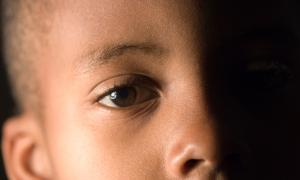1,360 Results
Supporting Children of Immigrant Families
Millions of young people in the United States are children of immigrant families. And many immigrant children are feeling high levels of fear and anxiety right now due to the current anti-immigrant political environment. All students in the U.S. have a right to public education, “regardless of a child’s or guardian’s citizenship, immigration status, or English language proficiency. These rights were upheld by the U.S. Supreme Court in its landmark 1982 decision in Plyler v.
- Supporting Students from Immigrant Families
- Understanding and Responding to Trauma
- Resisting Hate in Education
Debunking the Mobility Myth

Contemplate This!

Advice From the Experts
Our Humanity Is Bound Together: Discussing the Holocaust
International Holocaust Remembrance Day is commemorated on January 27, the anniversary of the liberation of Auschwitz-Birkenau concentration camp in 1945. We honor the memory of the 6 million Jews and the millions of Roma, Sinti, Slavs, disabled persons, LGBTQ+ individuals, political dissidents and others who were murdered in the Holocaust. And we encourage learning from the survivors as we reflect on the significance of this history.
- Acclaimed Documentary ‘One Survivor Remembers’ Urges All to Never Forget
- One Survivor Remembers
- ‘Hope, Despair and Memory’
Learning for Justice: The Road to 60 Freedom Summer Session
LGBTQ Best Practices: Classroom Culture and Curriculum

Hate at School: February 2019
